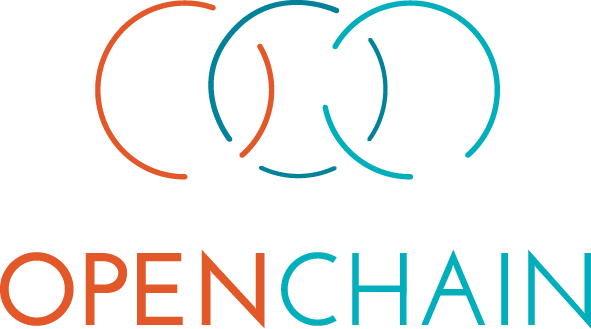ORGANIZATIONS:
• Japanese multinational automotive manufacturer
• Toyota Ecosystem: Community, Supplier, Maker, Retailer, Customer
OPENCHAIN CASE STUDY
How OpenChain Supports Kaizen in Toyota

CHALLENGES:
• An evolving the business model
• The need to communicate and collaborate across the community
• Lack of standardization of methods and data exchange
SOLUTION:
• Developing an OSS governance structure to promote collaboration
• Building a company-wide group to manage OSS risks and community contributions
• Participate in Japan Working Group to overcome bottlenecks
BENEFITS:
• Effective, data-driven collaboration
• Removal of intra/inter-organization barriers
• Decreased patent and licensing risks
“OpenChain is an important project for Toyota and its global software ecosystem. By embracing open source software and best practices around compliance, Toyota is sharing information and contributing to the community so that standards can be developed together.”
Endo Masato
Project Manager of the IP Strategic Group, Toyota IP Division
“Toyota is well known for their R&D of new technologies and business practices and are always innovating. Open source represents the next step and exciting to see OpenChain playing an integral role in their open source software supply chain management.”
Shane Coughlan
OpenChain Project Director
ORGANIZATIONS
Toyota Motor Corporation is a Japanese multinational automotive manufacturer headquartered in Toyota, Aichi, Japan. In 2017, Toyota’s corporate structure consisted of 364,445 employees worldwide and, as of September 2018, was the sixth-largest company in the world by revenue. As of 2017, Toyota is the world’s second-largest automotive manufacturer and as of June 2018, it holds more patents than any other automaker. As one would imagine for a company of this size, Toyota has global network of ecosystem of partners, including technology providers, manufacturing suppliers, dealers, and more.
CHALLENGES
Toyota emerged as a global leader in innovation and technology in the 1970s and supply chain management (SCM) with the Toyota Production System (TPS) aka Just In Time (JIT) manufacturing for reducing reducing times within production systems and response times from suppliers. Today, like other aspects of their manufacturing, Toyota has a global software supply chain, with an increasing proportion of open source software.

Toyota also places a premium on accumulating the necessary data to make decisions and reduce patent and licensing risks. Traditionally, their software was managed in a contract with a specific supplier. But since a significant portion of open source software is community driven, the company was seeking to improve software traceability for compliance and security, contribute back to the community themselves, and build a foundation of data for better decision making. These challenges required new processes and solutions for open source license compliance and new ways to communicate and collaborate across the community.
SOLUTION
Underlying all the business processes and innovations inside Toyota is the philosophy of Kaizen, or continuous improvement. The company is never satisfied with current conditions, especially in production. When seeking operational excellence in open source supply chain, Toyota selected the OpenChain project to standardize communications and data exchange with the community and incorporate open source best practices.
The OpenChain Specification is the industry-standard for describing the key requirements of a quality open source compliance program. It is designed to build trust in the supply chain and is suitable for companies of all sizes and in all sectors. Toyota leveraged their adoption of OpenChain by developing an Open Source Software (OSS) governance structure to promote collaboration, including an official group to manage OSS risks and community contributions.

In the community, Toyota is an active participant in the OpenChain Japan Working Group which is identifying bottlenecks across the supply chain (e.g. R&D, legal/IP, procurement, etc.) caused by lack of understanding around compliance, and building sub-groups for each bottleneck. This group also enabled Toyota to develop information sharing guidelines to address licensing information challenges with Tier 1 suppliers.
A data-driven organization, Toyota is also collecting and analyzing open source community health metrics, such as number of mailing list members and the number of people trained.
BENEFITS
The OpenChain project provides a foundation for quality assurance and transparency in software development. OpenChain builds trust in open source by making open source license compliance simpler and more consistent through defining a core set of requirements which every quality compliance program must satisfy.

Toyota is embracing open source and practicing Kaizen both within the company and with their ecosystem. In the spirit of constant improvement, open source software supply chain management (OSSSCM) is respecting the intention of community engineers, removing intra- and inter-organizational barriers, and allowing Toyota to collaborate across supply chain partners and the greater community.
Better collaboration results in greater effectiveness across the supply chain by reducing bottlenecks, more data for better decision making, and decreased patent and licensing risks. The company aims to continue sharing their journey in open source at industry events and growing community participation.
LINUX IS A REGISTERED TRADEMARK OF LINUS TORVALDS
